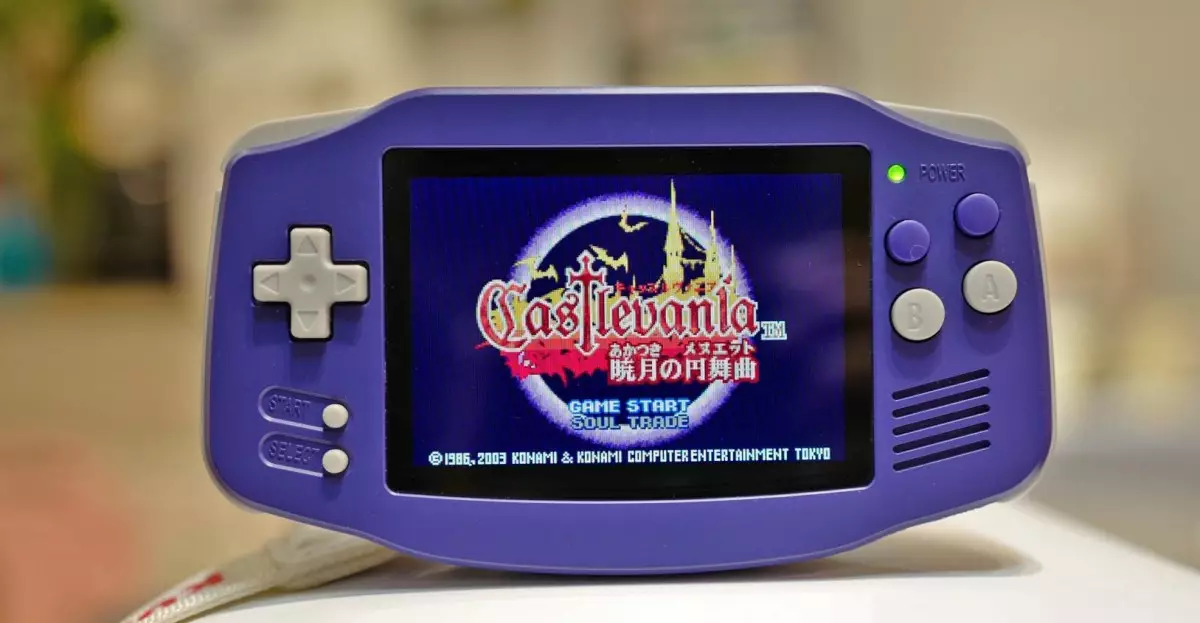The gaming landscape has seen a resurgence in retro-inspired devices, with Anbernic leading the charge by offering contemporary takes on beloved systems like the Nintendo Game Boy. Yet, in a twist that has left fans apprehensive, recent tariff proposals from the U.S. government threaten to change the destiny of these accessible handhelds. As the idea of a staggering 245 percent tariff on Chinese goods looms, Anbernic is already feeling the pinch, prompting the company to suspend shipments to the U.S. indefinitely.
It’s less about Anbernic’s ability to navigate the market and more about the environment it currently operates within. The decision wasn’t sudden; the company had previously hinted at operational shifts due to potential tariff adjustments. Its proactive stance now signals a fear of escalating costs, which could inflate the prices of their devices and ultimately alienate their dedicated fan base.
Anbernic’s Business Strategy in Crisis
Historically, Anbernic made astute business choices by offering products at a competitive price point of around $70, leveraging direct shipments from China to minimize overheads. This model allowed the company to keep its devices accessible for retro gaming enthusiasts who may not want to spend a fortune on collector’s items. However, by recommending customers to prioritize products shipped from their U.S. warehouse, Anbernic seems to acknowledge that further steps must be taken to navigate the treacherous waters of U.S. import policies.
Interestingly, their U.S. warehouse isn’t a recent addition; it’s been part of their logistical framework for a while. Yet, this haven from tariffs is now taking on new significance as a target for consumer preference. What’s more perplexing is the sudden halt of direct shipments from China, a decision that raises questions about the company’s adaptability in the face of unforeseen economic shifts. Such shifts aren’t just operational hiccups; they are indicative of the broader geopolitical tensions that can dictate market trends.
The Impact on Consumer Choices
As Anbernic pulls back from selling directly from China, consumers are left grappling with the implications. What does this mean for the gaming community that has rallied around affordable, quality devices? While Anbernic’s handhelds can still be acquired through various retail channels like Amazon, the future remains precarious. The prospect of exorbitant customs duties will inevitably tug at the accessibility factor that has been central to Anbernic’s appeal.
Gamers have loved Anbernic’s affordable prices and functionality, as their devices have frequently knocked on the door of nostalgia without leaving a large dent in patrons’ wallets. With the potential reintroduction of tariffs, those appealing $70 price tags may not just inflate; they could become a casualty of a larger trade dispute. The notion of increased pricing could dissuade casual buyers and potential newcomers from investing in these retro devices, turning the tide in favor of competitors that operate without such constraints.
Anbernic’s Future: Innovation or Stagnation?
One of the crucial factors that will determine Anbernic’s fate will be its ability to innovate amidst adversity. The gaming market is notorious for quick shifts in consumer trends. While the company has successfully cultivated a devoted following, standing still in the face of tariffs would yield detrimental results. Introducing new devices, diversifying product offerings, and possibly exploring local manufacturing solutions may emerge as necessary tactics to weather the storm.
Moreover, the competitive landscape is also evolving; while Anbernic has garnered significant affection, rival companies are already eyeing the space left vacant by a possible retreat from the market. Will Anbernic adapt its strategy, or risk finding itself outpaced and outmaneuvered by competitors eager to capture the audience they once dominated?
The landscape for affordable gaming is fraught with uncertainty, where Geopolitics can hinder innovation just as easily as it can inspire new waves of creativity. A company like Anbernic must now not only be vigilant in promoting its retro devices but also quite shrewd in anticipating the maneuvers of policy changes that could alter its very business foundation. The coming months may very well serve as a litmus test for Anbernic’s resilience and ingenuity in a rapidly shifting market.

